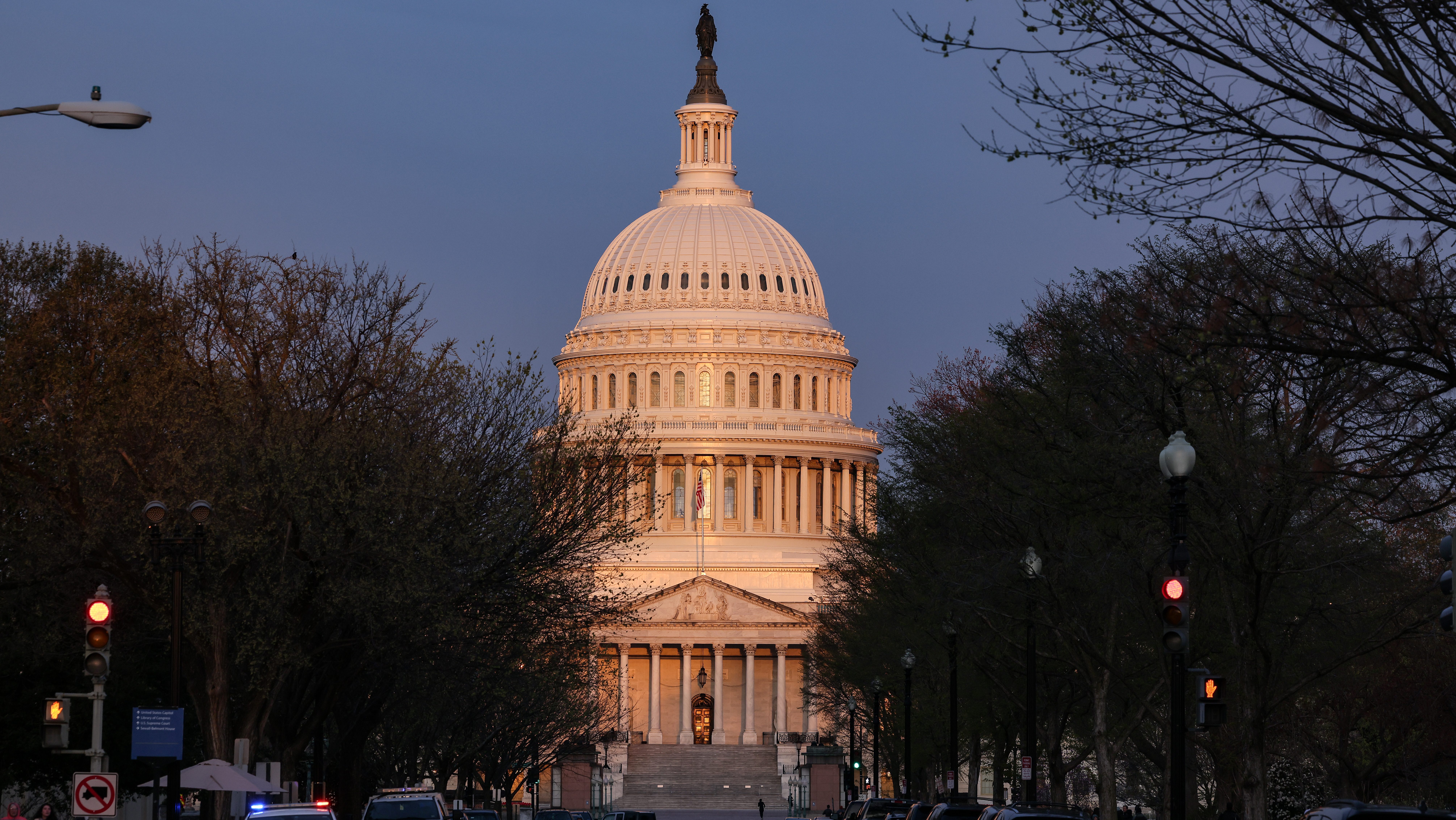
The federal government, the largest employer in the U.S., wants to make the salary history question a thing of the past.
The U.S. Office of Personnel Management, OPM, introduced a proposal this week that would bar hiring managers from asking candidates about their salary history, and it could impact 1.5 million roles, Axios reports.
Pay equity advocates say the salary history question perpetuates cycles of marginalized workers, namely women and people of color, being underpaid by basing their new pay on previous earnings, which could be artificially low due to discrimination.
On average, women in the U.S. are paid 84 cents for every dollar paid to a man, and the gap widens for many women of color.
Get New England news, weather forecasts and entertainment stories to your inbox. Sign up for NECN newsletters.
The pay for government jobs tends to be more transparent than private-sector roles. Agencies are required by law to post the starting pay on job announcements, and some government job boards require the full salary range be listed on openings. There's generally also a more structured timeline and process for raises and promotions compared to jobs in the private sector.
But a gender pay gap still exists, the OPM reports, with women in the federal workforce earning an average of 94 cents for every dollar paid to a man, or a 6% difference. The gap widens for women of color — 15% for Black women in comparison to what white men are paid, and 27% for Native women.
Agency officials hope to "root out some of the historical pay inequities that are more prevalent outside of federal government," Rob Shriver, deputy director of OPM, told Axios. "We don't want to be bringing those into the federal government."
U.S. & World
Banning the salary history question can improve the wage gap
Twenty-one states and 22 localities already have laws that prohibit employers from asking about a candidate's salary history, and more could be on the way, especially if efforts at the federal level move forward.
Research shows women earn more when they're not required to disclose their previous pay in job interviews. One April 2020 paper found that women's earnings increased relative to men's earnings in states with salary history bans, and another from 2021 suggests removing salary history from the hiring process increases job mobility, hourly wages and weekly earnings for workers who entered the job market during a recession.
When employers aren't allowed to ask about a candidate's previous earnings, they end up getting more information to evaluate applicants and hire qualified workers who had lower wages in the past.
So far, salary history bans tend to be followed by a sharp increase in job postings that outright list salary ranges, research shows.
Of course, making pay more transparent won't fix the wage gap on its own. The OPM notes a big reason why men and women are paid differently is that women are more likely to have jobs classified at lower levels with less pay, whereas men are more likely to be in senior-level positions with higher pay.
Now that the proposal has been published into the Federal Register as of Thursday, it's open for public comments for the next 30 days. At the end of those 30 days, the agency will decide whether to proceed with the rulemaking process or issue a new or modified proposal.
One big wrench in the plan is an ongoing standoff between the White House and Congressional Republicans over the nation's debt limit. If Congress doesn't agree to lift the debt ceiling by a projected June 1 deadline, the government will default on its debt, and more than 2 million federal civilian workers could see their paychecks delayed.
Want to be smarter and more successful with your money, work & life? Sign up for our new newsletter!
Get CNBC's free report, 11 Ways to Tell if We're in a Recession, where Kelly Evans reviews the top indicators that a recession is coming or has already begun.
Check out: All the U.S. states, cities and counties where companies have to share salary ranges with workers



